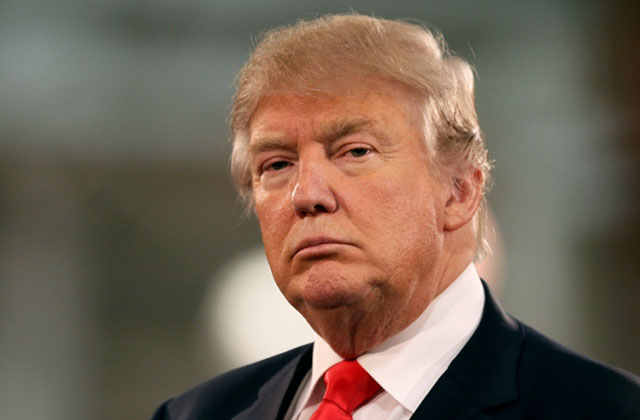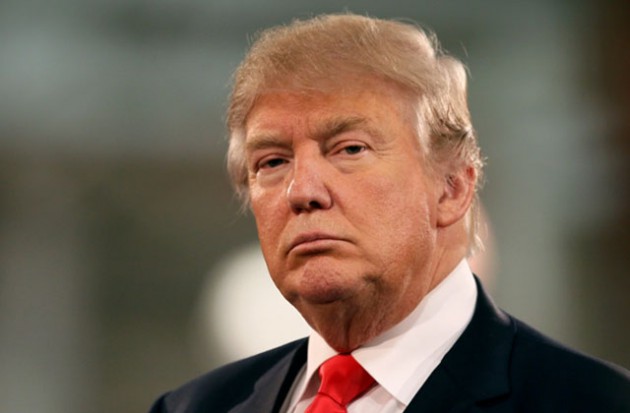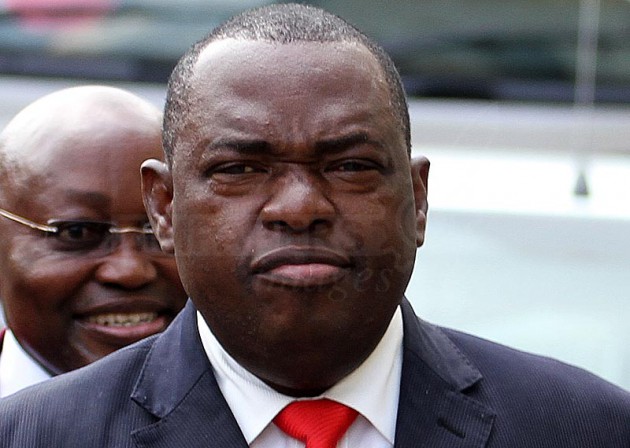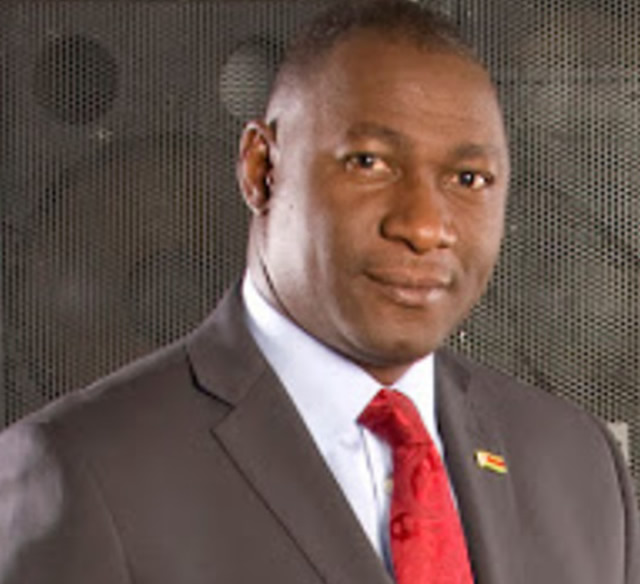From Donald Trump to Lt-Gen SB Moyo

Tichaona Zindoga Political Editor
The contrasts cannot be starker. Miles and miles across oceans. Mighty United States of America, the global superpower, and little Southern African “outpost” of Zimbabwe. Not least, Zimbabwe is a victim of US economic sanctions since 2001.
In the US, President Donald J Trump has just been described as something between a maverick and an emotionally unstable man with fragile emotional strength and one who is regarded in the White House as some species of a child.
Here, a man called Lieutenant General (Retired) Sibusiso Moyo, now Zimbabwe’s Foreign Affairs and International Trade Minister, is known as the solid and composed figure who, on the night of November 14, introduced the world to a military intervention that aided the transition from the rule of long-serving leader Robert Mugabe.
We have come to know the military intervention — that Lt-Gen SB Moyo said was aimed at removing criminals around then President Mugabe — as Operation Restore Legacy, as the military starred in a world class operation that is going to be remembered for a long time for its popularity and lack of fatality.
Lt-Gen SB Moyo, with his military fatigues appearing on the television, remains the face — the cool face — of Operation Restore Legacy. But Zimbabwe’s Foreign Affairs and International Trade Minister and the United States share something significant: their approach to foreign policy and the economy.
The latest news is that the Trump administration is calling on its military attaches and diplomats to help drum up billions of dollars more in business overseas for the American weapons industry, going beyond the assistance they currently provide. It is expected that as early as February, President Trump is expected to announce a “whole of government” effort to ease export rules on purchases by foreign countries of US-made military equipment, from fighter jets and drones to warships and artillery, according to people familiar with the plan.
According to a report, “Trump is seeking to fulfil a 2016 election campaign promise to create jobs in the United States by selling more goods and services abroad to bring down the US trade deficit from a six-year high of $50 billion.”
President Trump’s approach to foreign policy has been described as “transactional diplomacy” as it is anchored on creating business for America. It has received both criticism — for being “valueless”, meaning that America may trade with “undemocratic regimes” — but also praise. On the other hand it is hailed for its pragmatism and business-like approach.
President Trump, business magnet in his own right, is considered a business-savvy leader and his economic policies have been largely positive. And over the weekend he was celebrating a fall in unemployment, including within racial minorities of blacks and Hispanics. Typically, on his favoured Twitter account, President Trump was beating his chest. Closer to home, Lt-Gen SB Moyo is pursuing a similar policy whereby embassies and foreign missions will facilitate and generate business for the country.
It is something that he explained briefly (curtly, perhaps) when he took office a month ago. In an interview with The Herald we carried yesterday, Lt-Gen SB Moyo, while explaining the rationalisation and refocusing of Zimbabwe’s foreign missions, noted that one of embassy roles was negotiating bilateral deals.
According to our report, he said the country’s foreign policy derived from President Mnangagwa’s inaugural speech in which he emphasised the need to re-engage and mend relations with the international community while creating jobs for the masses.
It’s a new approach.
One columnist with a sister paper draws President Trump and Zimbabwe’s Foreign Minister, and President Mnangagwa by extension, even closer comparatively.
“Transactional diplomacy is America’s current guiding philosophy in foreign policy,” explains the writer. It is conducted on the understanding that a business-like approach determines US’s international relations… (it is to) be expected of a ‘pragmatic technocrat who approaches policy issues on a case-by-case basis very much like a business transaction.’
“There is agreeable perception that President Mnangagwa is a business pragmatist, thus, an appointment of an International Trade and Foreign Affairs Minister with transactional diplomatic convictions makes sense. Minister Moyo is a well-read and globally cognisant individual, in tune with trends in the global economy, and Zimbabwe is out to look for relations that make pragmatic business sense.”
The writer contends that ideological and philosophical relations without a business impetus that Zimbabwe previously pursued led to little dividends in economic outcomes.
“A pivot in global outlook is a welcome incidence. Zimbabwe had developed overly ideological and philosophical relations over the last decade. That kind of diplomacy was prolonged, especially in consideration to its slow adjustment to shifting global realities in commerce and trade competitiveness.”
An important point to be made here is that the Republicans — President Trump’s party — are reputed to be business-like and pragmatic than the Democrats.
For all his faults, President Trump has not been half as nasty and unhelpful as was and would be the Democratic party. The US could still be engaged on a pragmatic, business-like basis, which Lt-Gen SB Moyo showed us when he engaged the US envoy recently at a time local opposition leaders were in the US canvassing for more sanctions on Zimbabwe.
Transactional diplomacy is not just engaging the West. It is engaging everyone, that is including Zimbabwe’s all weather friends like China and Russia, approaching the relationship in a business-like manner.
And, oh, did President Trump not put arms and armaments as one of the key American business to sell? Our military man at Foreign Affairs and International Trade, himself vastly experienced in related business, may be interested — if Zimbabwe pragmatically needs that.
Perhaps as a starting point.










Comments